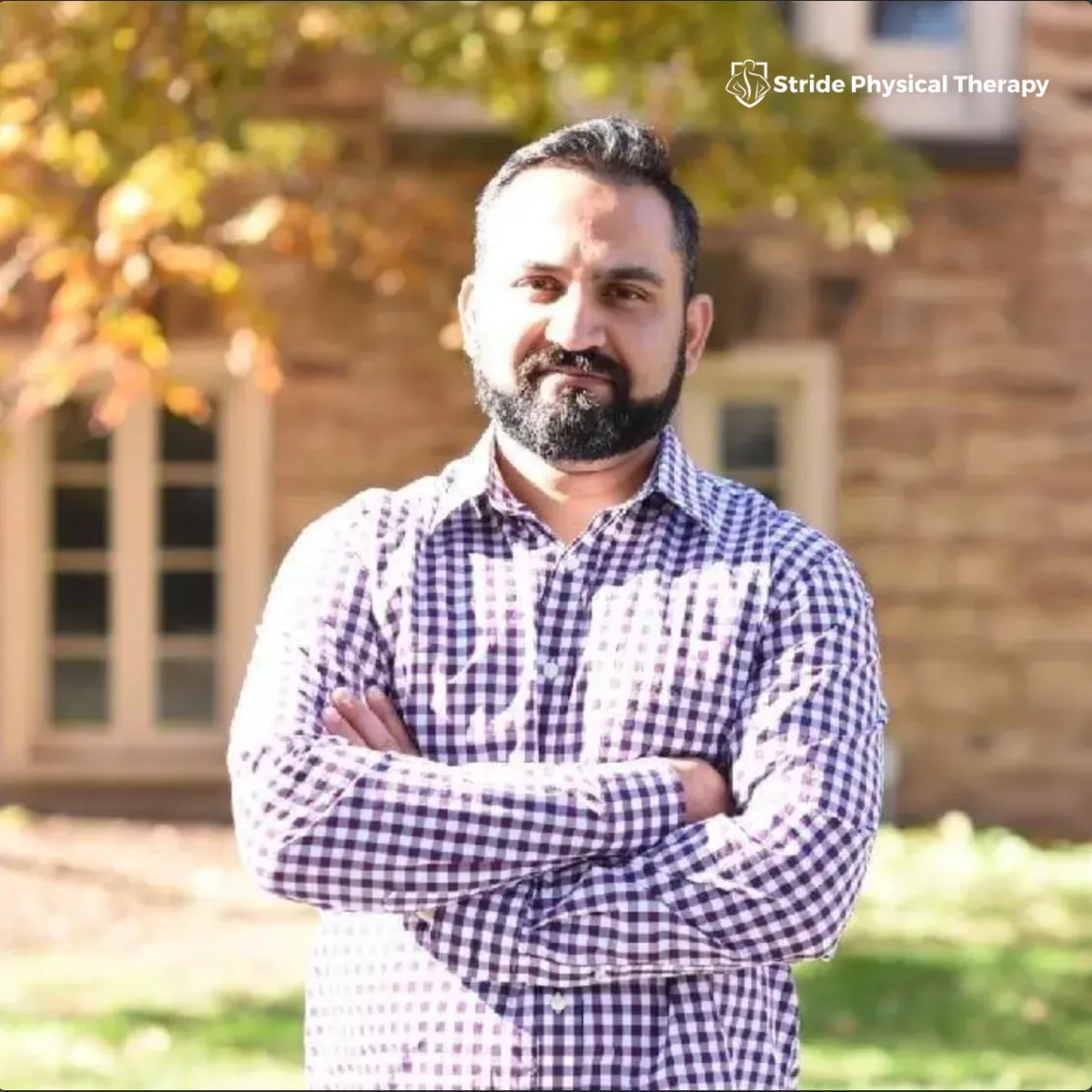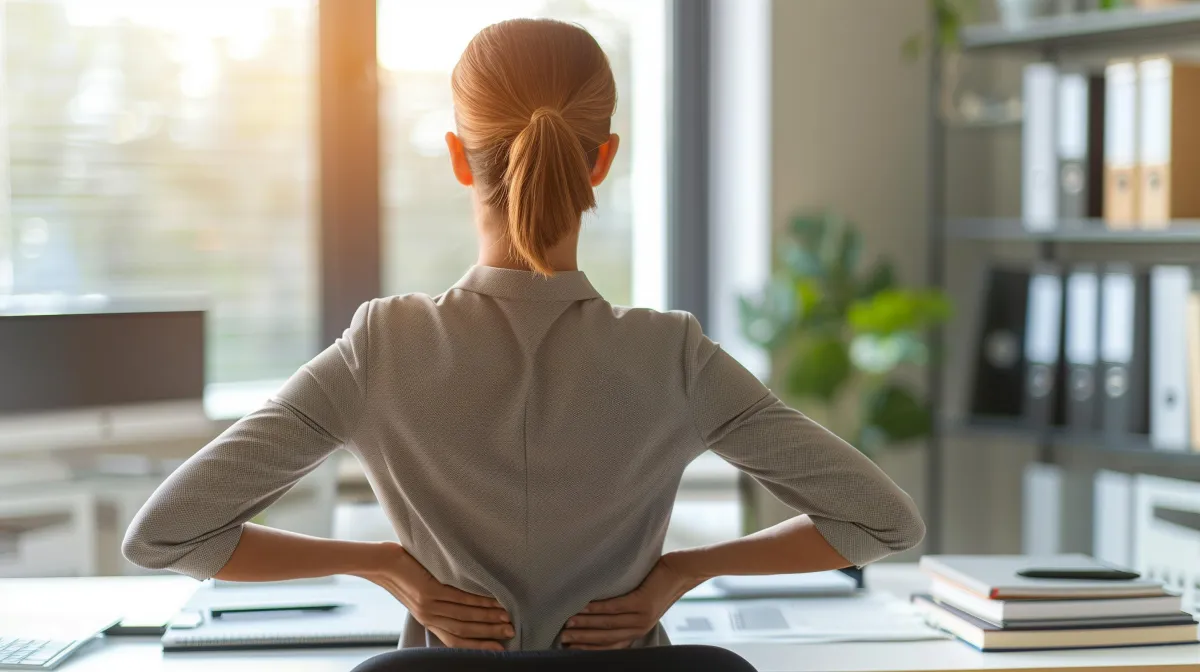Thoracic Outlet Syndrome (TOS) refers to conditions caused by the squeezing, injury, or irritation of nerves and blood vessels in the lower neck and upper chest. Named after the area located between your lower neck and upper chest, known as the thoracic outlet, TOS can affect anyone regardless of age or gender.
Types of Thoracic Outlet Syndrome
Neurological Thoracic Outlet Syndrome: This type of TOS is the most usual. It happens when the brachial plexus—a bundle of nerves running from the spine, through the neck, to the arm—gets squeezed. It often affects those who do repetitive arm motions above their head at work or play sports like swimming or baseball.
Venous Thoracic Outlet Syndrome: Thoracic Outlet Syndrome (TOS) occurs when the subclavian vein—a crucial vessel transporting blood from the arms to the heart—is compressed. Often due to congenital narrow pathway from the shoulder to the heart, TOS is worsened by repetitive arm and shoulder movements. These shrink the tight thoracic outlet space, increasing pressure on the vein and exacerbating TOS.

Quick Links
FAQs
Arterial Thoracic Outlet Syndrome: This condition, TOS, occurs when the subclavian artery—responsible for moving blood from the heart to the arm—gets blocked by a blood clot. It often affects people born with an additional rib in the neck or an irregularly shaped first rib, which can compress the artery and permanently narrow it.
Causes of Thoracic Outlet Syndrome
TOS-related problems can be confusing, but we know they happen when the thoracic outlet's narrow space squeezes blood vessels or nerves too much, leading to irritation and TOS. Also, certain conditions, characteristics, or behaviors could increase your chances of getting TOS. These are called risk factors.
Unchangeable Risk Factors: You cannot alter these factors. Having more increases your TOS risk.
~ Pregnancy
Risk Factors You Can Change: These are the factors you can manage or improve with treatment, medication, or changes in your way of life.
1. Intense weightlifting.
2. Bad posture.
3. Sports with repeated arm/shoulder use.
4. Heavy loads on shoulders.
5. Depression.
Other conditions that contribute to the development of TOS:
1. Birth defects in body structure.
2. Abnormalities in bone and soft tissue.
3. Injury-related trauma.
4. Upper chest or underarm tumors or swollen lymph nodes.
MEET YOUR RECOVERY TEAM

Kanwal Bhardwaj
PT, M.Sc.PT, CIMT, CMNT
Meet Kanwal Bhardwaj, PT, M.Sc.PT, CIMT, CMNT, the driving force behind Stride Physical Therapy in Freehold, NJ. With over 20 years of dedicated experience in the field, Kanwal brings a wealth of expertise and a passion for holistic healing to his practice. Kanwal's journey began with a Master of Science in Orthopedic Physical Therapy from Quinnipiac University in 2004. Over the years, he honed his skills and gained invaluable insights during 18 years of service in outpatient physical therapy offices. In 2014, fueled by a desire to deepen his understanding of patient care, he pursued a manual therapy certification (CIMT). This transformative experience allowed him to adopt a whole-body perspective, focusing on treating the root cause rather than just the symptoms...
At Stride Physical Therapy, we're dedicated to transforming lives. With a focus on the root cause of your condition, we're here to help you regain mobility and embrace an active lifestyle. What sets us apart? Our genuine passion for what we do. Let's stride towards a brighter tomorrow together.
Elevate Your Health with Our All-Inclusive Wellness Services!
Take one step closer to a pain-free life with Stride Physical Therapy! Discover medication and surgery-free solutions with our sessions.
Health Blog

Is a Herniated Disc Causing Your Back Pain?
Struggling with Persistent Back Pain? It Could Be a Herniated Disc
If you're dealing with unusual back or neck pain, or even numbness in your limbs, it could be due to a herniated disc. These issues can cause a range of confusing symptoms, but you don’t have to face them alone!
Our physical therapists at Stride Physical Therapy are here to help you understand herniated discs, their symptoms, and how we can help relieve your pain through targeted treatment.
Understanding Herniated Discs
A herniated disc, also known as a "slipped" or "ruptured" disc, occurs when a spinal disc’s outer layer weakens and allows the inner fluid to push outward. Discs act as cushions between the vertebrae, absorbing shock to keep the spine stable. But over time, wear and tear or sudden injuries can cause these discs to bulge or tear, leading to a herniation. Common causes include aging, accidents, or even heavy lifting.
Recognizing the Symptoms of a Herniated Disc
Not all herniated discs cause pain, but if they press on nearby nerves, you might experience:
Pain that increases with movement, like standing up or sitting down
Tingling or numbness in the arms or legs
Discomfort in the lower back, especially after bending or twisting
Neck pain (if the affected disc is in the cervical area)
Symptoms following an accident or physical stress, like lifting a heavy object
If you find that heat, cold, or massage brings relief, it could be a strain rather than a disc issue. For accurate diagnosis, imaging such as an X-ray is often the best approach, as it can reveal whether a disc is pressing on a nerve.
Treatment Options
Physical therapy offers effective relief and can help you regain strength and mobility without invasive measures. Our therapists will begin with a full assessment, pinpointing the exact cause of your pain to create a personalized recovery plan. Your treatment may include:
Manual therapy to relieve muscle tension
Ice and heat therapies for pain management
Traction to gently relieve pressure on spinal discs
Advanced techniques like Class IV laser therapy or TENS for targeted relief
Education on posture and safe lifting to prevent future injuries
Our goal is to help you heal naturally, minimizing the need for medications or surgery. Physical therapy is a holistic approach designed to reduce pain, improve function, and support your body’s healing process.
Ready to Feel Better?
A herniated disc can be painful, but recovery is within reach. Many people find lasting relief through physical therapy, even avoiding surgery. We’re here to strengthen your back or neck, support your recovery, and help you avoid future injury.
Get in touch with Stride Physical Therapy today to learn how we can help relieve your back pain and get you back to doing the things you love.


